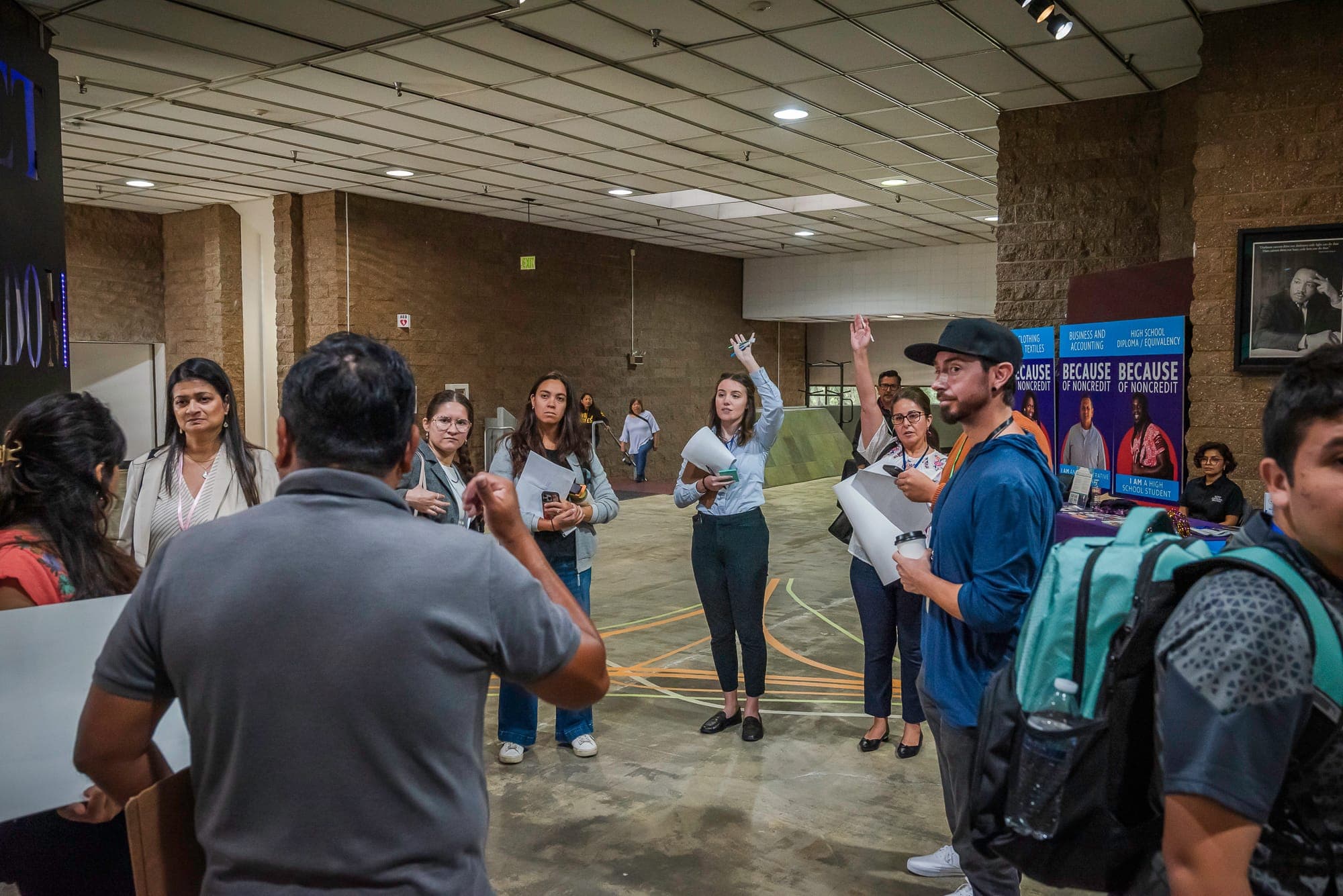
News
By Administrator, June 25, 2013
As Congress negotiates the federal budget for the coming fiscal year, where do community development programs stand?
As of today, subcommittees in both the House and Senate have come out with their proposals for Transportation, Housing and Urban Development, and Related Agencies (THUD) funding for fiscal year 2014.
The Senate’s proposal was released today and includes funding for critical community development programs at the Department of Housing and Urban Development (HUD) and the U.S. Department (DOT). Specifically at DOT, the bill includes $550 million in funding for the extremely successful TIGER program and $75 million for the Integrated Planning and Investment Grants at HUD.
These programs are part of the Partnership for Sustainable Communities, an innovative inter-agency collaboration that helps local leaders leverage private sector investment, save money in municipal budgets, and create lasting economic strength. TIGER grants offer competitive funding for transportation projects that solve community-level issues, while HUD’s work helps communities to take a step back and coordinate their investments as they plan for future growth.
Smart Growth America President and CEO Geoff Anderson said, “The Senate’s proposal will provide a productive return on investment for American taxpayers by making targeted investments in crucial programs for communities and citizens that need them the most. It’s exactly the kind of program that should be preserved in the tough fiscal climate Congress faces today.”
By comparison, the House proposal would slash funding for both HUD and DOT by 15% from the fiscal year 2013 enacted level. To get to that level, the House proposes several severe cuts at HUD, including $1.9 billion from Community Planning and Development programs (to a funding level of $4.8 billion), $1.3 billion from CDBG (to a funding level of $1.6 billion), and eliminating funding for the Integrated Planning and Investment Grants. Cuts proposed for DOT included $329.7 million from the Federal Transit Administration (to a funding level under $2 billion), $468 million from the Federal Railroad Administration, and eliminating funding for TIGER grants.
The House’s proposal would mean significantly fewer resources for communities mean communities would receive less funding to invest in their neighborhoods, plan for future growth, and generate economic development. There would be fewer funds to build and maintain our nation’s transportation systems, and no dollars working to streamline programs and encourage cost-saving strategies.
“Rural, suburban and urban places alike all rely on DOT and HUD programs to support their local economies,” said Anderson in a statement. “The cuts proposed in the House’s bill would make it harder for these communities to spur private investment, create jobs, revitalize downtowns, and increase the supply of affordable housing in virtually every state.”
Now is the time to speak out and urge the full Appropriations committees to take a stand and protect the programs at HUD and DOT that make our communities great and our transportation safer and faster. Click here to take action today.
Related News

© 2025 Smart Growth America. All rights reserved
Site By3Lane Marketing










